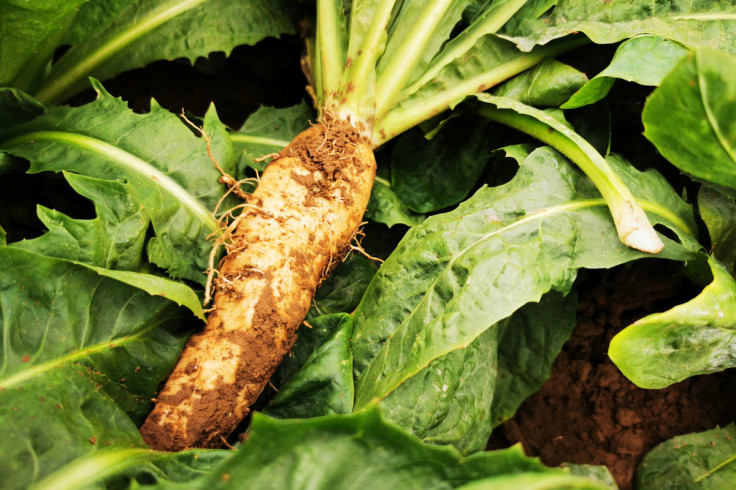Unfavourable weather conditions threaten consumer prices and agricultural output
Concerns over food inflation are intensifying as weather conditions threaten consumer prices and food security, particularly affecting crops like wheat, barley and potatoes.

Farmers in the UK have warned that harvests of wheat, oilseed rape, potatoes and other crops have been negatively affected by the "wettest July on record", according to the Meteorological Office.
Concerns over food inflation are intensifying as the United Kingdom's agricultural sector grapples with the repercussions of a calm and wet summer, casting a shadow of uncertainty over the nation's food production and triggering fears of impending shortages and increased costs for essential goods.
With the temperamental weather particularly affecting crops like wheat, barley and potatoes, which form the backbone of the nation's food supply, experts warn that the suboptimal conditions have led to delayed plantings, reduced crop sizes and compromised quality.
Mike Kendon, a climate information scientist working for the National Climate Information Centre from the Met Office, said: "It has been a significantly wet month for much of the UK, particularly for those in Northern Ireland.
"The jet stream has been shifted to the south of the UK for much of the month, simultaneously allowing extreme heat to build in southern Europe for a time, but also allowing a succession of low-pressure systems to influence the UK, with long periods of winds and rain that much more typically associate with autumn weather."
The UN Food and Agricultural Organisation also reported that the cost of wheat made its first monthly climb in nine months in July due to the unpredictability of Ukrainian grain exports after Russia decided to terminate the Black Sea grain deal last month.
With the safety of shipments from Ukraine's seaports no longer being guaranteed, the UN food price index recorded that Russia's continuous attacks on Ukrainian port infrastructure on the Black Sea and River Danube pushed international wheat prices up by 1.6 per cent since July.
With supply chains already grappling with global disruptions and rising costs, the diminished domestic harvests add further strain to the equation.
Food security concerns have been exacerbated by the unpredictable weather harvests and the ongoing Russo-Ukrainian War that continues to challenge importation.
The broader spectre of inflation looms large as the interconnectedness of agricultural output with consumer prices makes the situation increasingly dire.
National Farmers' Union's combinable crops board chair Matt Culley revealed that farmers' profits were constantly being hit as many were being forced to harvest damp crops before they become over-ripe and the quality becomes unfit for mass consumption.
"We are looking at a break-even year if at all. Our input costs are the highest we've ever had for fertiliser and then we have higher diesel, labour and machinery costs. Parts and spares have risen massively," he said.
The implications of a compromised harvest are far-reaching, touching both consumers and businesses across the UK. Households are likely to experience the brunt of the impact, with the potential for rising prices on various food items, from bread and pasta to potatoes and vegetables.
In the hospitality sector, restaurants and cafes may face difficulties in sourcing locally-grown produce, which could lead to menu adjustments and higher menu prices.
The industry, which has been striving to rebound from pandemic-related setbacks, now faces the additional challenge of navigating supply chain disruptions and increased ingredient costs.
In response to the mounting concerns, industry representatives and experts are urging swift government action to support farmers and mitigate the potential fallout from reduced harvests.
Calls for financial assistance, crop insurance, and investment in sustainable farming practices are gaining momentum as stakeholders seek to safeguard the agricultural sector's long-term viability.
Despite the challenges, the UK's agricultural community is no stranger to adversity. Farmers are known for their resilience and adaptability, and many are already exploring innovative strategies to mitigate the impact of unfavourable weather conditions, such as adopting climate-resilient crop varieties and implementing precision farming techniques.
As the nation navigates this challenging landscape, the uncertainties surrounding food inflation and supply remain top of mind. Collaborative efforts between government, industry and consumers will be key in charting a path forward that ensures food security and affordability in the face of an unpredictable climate and global economic challenges.
© Copyright IBTimes 2025. All rights reserved.






















